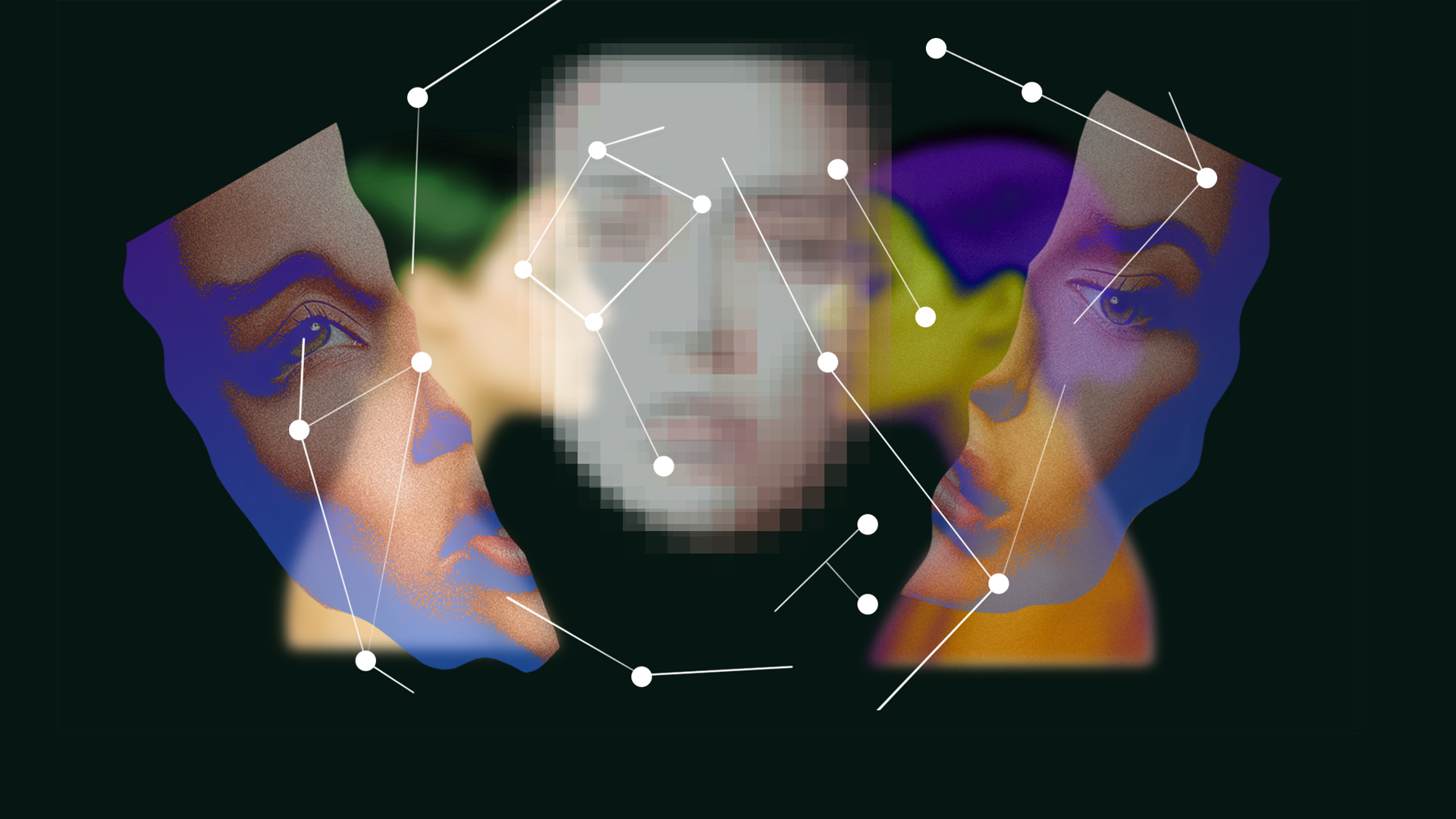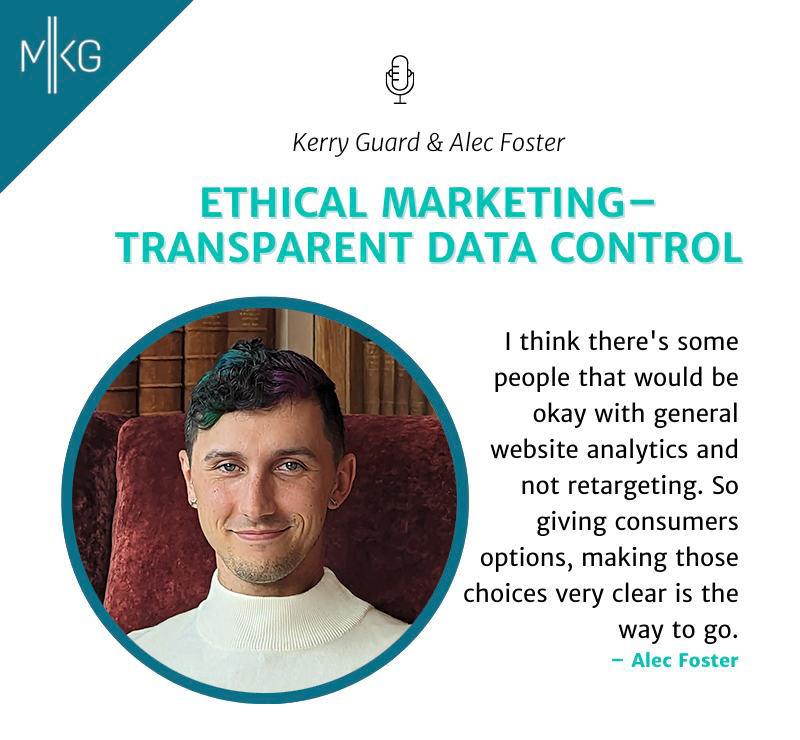Home ➤ Blog ➤ Generative AI ➤ The Problem of Deepfake Pornography: An Urgent Call to Action

The Problem of Deepfake Pornography: An Urgent Call to Action
Alec Foster • 2023-01-31
Generative AI, AI Models, Trust & Safety
On January 30, 2023, Twitch streamer Brandon Ewing, known online as Atrioc, admitted to purchasing and watching deepfake videos from a creator who produces non-consensual, sexually explicit AI-generated videos of his colleagues in the streaming community. This is just the latest example of the countless ways that female content creators are subjected to harassment, cyberstalking, and hypersexualization through deepfakes.
According to the website My Image My Choice, 1 in 12 U.S. adults reported being a victim of intimate image abuse, while 1 in 20 U.S. adults reported being a perpetrator of intimate image abuse. The perpetrators are mostly male-identifying. But it's not just the creators of this content who perpetuate the abuse, but also the consumers who watch or forward videos, sometimes without realizing that their actions contribute to the problem.
The creation and sharing of deepfake porn is not only a violation of privacy, but it can also have devastating impacts on victims, leading to serious mental health challenges and social rupture such as stigmatization and isolation. The abuse also has a silencing effect, forcing many victims to modify their behavior and retreat from online spaces. Most victims are reluctant to speak out about their experiences for fear of retaliation or driving more viewers to their intimate content. In addition, victims often face a huge amount of victim blaming from police, moderators, bosses, and lawmakers, who downplay or dismiss their experiences and question their actions.
Unfortunately, most governments have not yet taken action to address this issue, and there are currently no federal laws in place to criminalize the creation or sharing of deepfake porn. However, the recent White House Task Force to Address Online Harassment and Abuse provides a crucial opportunity to tackle the issue of deepfake pornography. As AI technology continues to advance, it's essential that individuals and organizations take action to shut down websites dedicated to intimate image abuse and to protect victims from the harm caused by deepfake porn.
It's worth noting that while laws against non-consensual sexual material exist in most states, only California, Virginia, and Texas have laws specifically mentioning deepfakes. Even with laws in place, getting recourse as a victim can be extremely difficult. This highlights the need for better legislation and protections for victims of deepfake porn.
As AI technology continues to progress, the potential for malicious use of the technology increases. With AI voices getting better, there is a possibility that people's lives could be destroyed by fake scenarios created with deepfakes. This is a frightening reality that must be addressed through a combination of technical and legal measures.
It's time for individuals and organizations to take action in the fight against deepfake pornography. The consequences of this abuse can have devastating and even life-threatening impacts on victims, mostly female-identifying, while the perpetrators are mostly male-identifying. It's imperative to shut down websites dedicated to intimate image abuse, like MrDeepfakes and Anon IB, and provide support for victims. Governments, police, tech platforms, and law must step up in protecting the privacy and agency over images of individuals. Society must challenge the victim-blaming culture and start holding the perpetrators accountable for their actions. Finally, it's crucial to educate and raise awareness among the public, including those who consume this content, about the serious harm it can cause to individuals and society as a whole.


